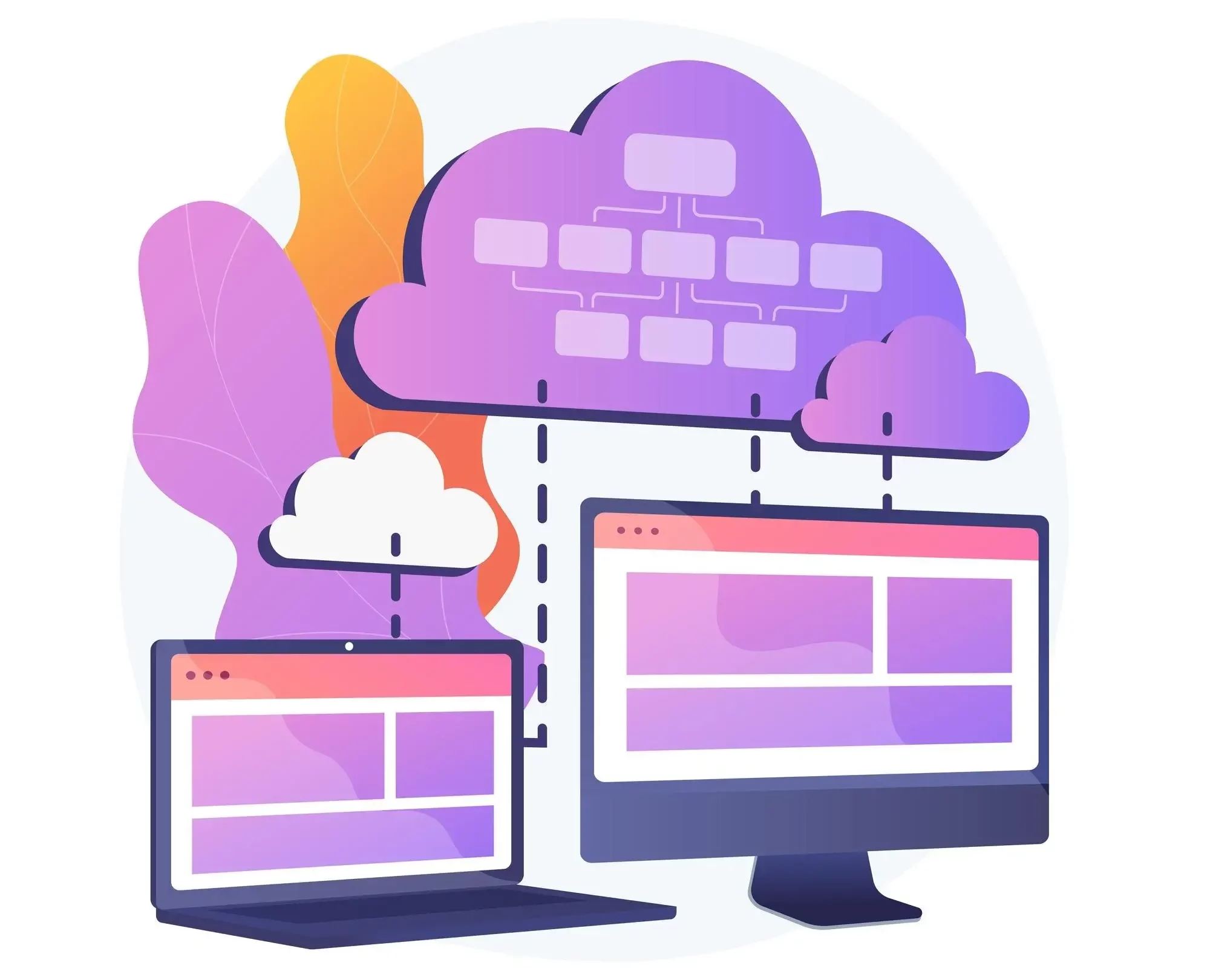Serverless computing allows cloud providers to manage and allocate server resources on your behalf. Instead of owning or maintaining physical servers, businesses can tap into on-demand infrastructure that automatically scales and bills based on actual usage. This pay-as-you-go model has dramatically lowered the barrier to innovation for startups and enterprises alike.
Today, serverless is extremely popular, with nearly 94% of all businesses adopting it. In fact, it has quickly become a default approach for modern product development.
If you’re considering serverless computing, here are four common sense reasons why it’s worth a serious consideration.
1. It’s Cost-Effective
With serverless, you’re only charged for what you use, meaning you no longer pay for idle or wasted capacity. In one case, we helped an Ohio hospital cut 99% of its hosting costs by using cloud servers instead of dedicating to on-premise ones.
That said, cloud providers don’t always highlight that there can be a point of diminishing returns. At certain usage levels, serverless can become more expensive than dedicated on-premise or reserved cloud servers. That break-even point varies widely depending on your workload and business needs.
Not sure where your tipping point is? Connect with a cloud solutions expert for help!
2. Serverless Computing is More Secure
Serverless security has advanced significantly in recent years. While the name implies “no servers,” serverless still runs on physical infrastructure. The key difference is that your cloud provider handles the provisioning, maintenance, and patching. Leading providers like AWS, Azure, and Google Cloud manage all of these, which significantly reduces the operational burden on your IT team.
Additionally, application-level security can be configured at the function level. This allows you to define unique access controls, permissions, and system-wide policies for each component. These granular controls help prevent applications from unintentionally accessing or interacting with other parts of your platform.
3. It’s Scalable and Easier to Manage
When designed correctly, serverless applications can scale automatically. Their functions will spin up and down, adjusting in real time to match traffic and request volume. This doesn’t happen by chance. Cloud providers operate under robust service-level agreements (SLAs), guaranteeing a percentage of the time that traffic spikes won’t impact the performance of your website or app. As a result, they can handle sudden growth without manual intervention from an IT team, making scalability headaches a thing of the past.
4. Serverless Computing Enables Rapid Iterations for Product Development
With serverless computing, your app developers can focus on everything but server management. They won’t have to upload code to servers or configure the server when releasing working versions of your application. In fact, your cloud service provider will handle all of that for you! As such, your app and web developers can deploy code and launch new products more rapidly.
That’s why we strictly use serverless when developing new apps for our clients, such as ALIM, Treehouse, and Mobile Health.
The Bottom Line / TLDR
Serverless computing is cost-effective, secure, scalable, and ideal for rapid development. By removing the burden of server management, it allows your team to focus on what they do best: building great software.
Whether you’re looking to audit your current cloud stack or explore serverless for future projects, Uplancer can help. Connect with us today for a free cloud consultation and see how serverless can support your tech needs.













